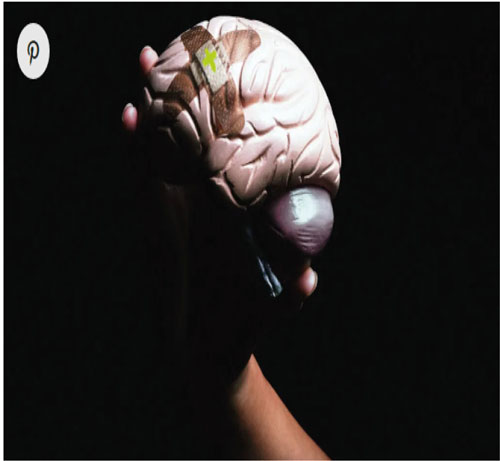The brain can often find new ways to route signals around damaged areas to restore lost function. A new study in mice finds that administering a common drug soon after a neurological event can help the brain successfully rewire itself. If further research validates the study’s conclusions, physicians may have a new tool for preventing permanent stroke damage.
Dr. Andrea Tedeschi, assistant professor in the Department of Neuroscience at Ohio State University Medical Center, explained to Medical News Today why the concept of “brain plasticity” is so important when it comes to understanding brain health:
“‘Brain plasticity’ refers to the innate, or intrinsic, ability to compensate for a lack of functioning areas by, in principle, rewiring spare areas of the nervous system. And it’s something that is really amazing if you think about it because it allows us to repair the nervous system under certain conditions.” Dr. Tedeschi is the corresponding author of a new study in mice that investigates the use of an existing drug to help the brain repair itself after an ischemic strokeTrusted Source.
The study found that administering gabapentin, an anticonvulsive medication, soon after a stroke helps the brain more effectively work around damaged areas.
Dr. Tedeschi explained: “I think that the way that the drug is [commonly] being prescribed, it’s to deal with the consequences of […] maladaptive changes [that] are now intrinsically wired into the system. So prescribing the drug if [the patients] have some sort of pain or [problematic] excitability of a certain part of the brain […] it’s not going to wipe [it] out.”
By contrast, “[t]he way we intend to use it,” Dr. Tedeschi said, “it’s more or less as a prophylactic type of drug.”
“Administering this class of drugs in an earlier phase, when the system has not yet committed to a maladaptive route, then I think it’s really increasing the chances of something that we call an adaptive response.”
Gabapentin blocks two proteins, alpha-2 delta-1 and alpha-2 delta-2. Unchecked, these two proteins normally increase after an event such as a stroke or brain injury, inhibiting the brain’s ability to re-route lost function.
According to previous research by the same team, gabapentin blockade of alpha-2 delta-1 and alpha-2 delta-2 can prevent their normal inhibitory function, effectively lifting the brakes and enabling nerves to grow and regenerate lost function.










